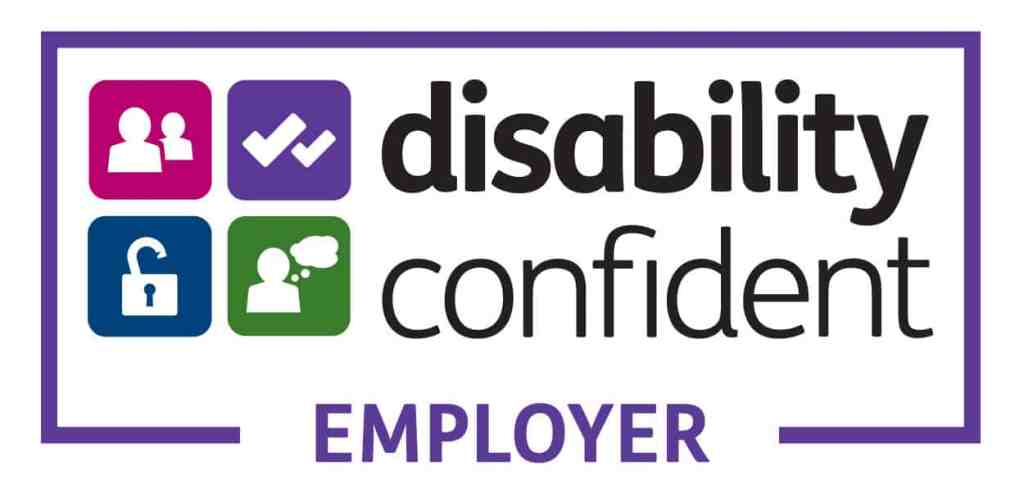The other day, Dan Roberts and I went out to meet two of our ‘Nimblers’ for lunch. Not to deliver bad news, not to talk money or contract extensions, but just to see how they were, and how they were enjoying their job.
This got me to thinking. Mostly about mental health and wellbeing. How many companies or organisations do you know who would completely forego that side of employing a person? Almost every single employer I’ve worked for, from my experience.
I’m not going to sit here and profess that “Here at Nimble, we know exactly how to manage mental health *insert Colgate smile here*”, because we don’t. No-one does, not really. Mental health is a completely different thing for each individual person and is managed and ‘dealt’ with in so many ways. There is no flat-pack, IKEA solution, no one size fits all approach.
Harder still, it’s not as though an employee is going to stand up in front of their group and say “Hi, I’m Victoria, and I suffer from depression.” It’s a painfully personal and challenging experience to open up to those you work with about how you are actually feeling and coping as a human being. You can feel weak, judged, incompetent, and there can be a genuine fear of losing your job as a result. A fear that your manager will now think you’re inferior or broken.
That all sounds a bit doom and gloom I hear you say, but the positive side is that there are things that every organisation can do so easily, at no real cost, and with no real effort, to try and help individuals with mental health issues. Here is what I would suggest, as a starter for 10:
- Talk about mental health, openly and constructively, in the workplace. If your employees know you’re taking it seriously, and that you understand what it really means, someone could feel more inclined to open up (but please refrain from any David Brent-esque outbursts)
- Have regular one-to-one meetings (preferably offsite or in a separate, comfortable space). Make it clear that it’s an informal catch-up, and in no way linked to a performance review or KPI session, to encourage a more personal conversation
- Never force the issue. If someone wants to talk about how they feel, they will. Don’t push for answers, because it will have the opposite effect
- Think about your tone when you address the issue. If someone feels patronised or looked down on, they won’t come to you again. Trust me
- Share websites, phone numbers, and general details for free helplines or local counselling sessions. If they don’t feel able to talk to you, then help them find someone else
- Keep it confidential. You wouldn’t want your deepest, darkest secrets shared with Steve from Accounting, so don’t do it to other people.
















